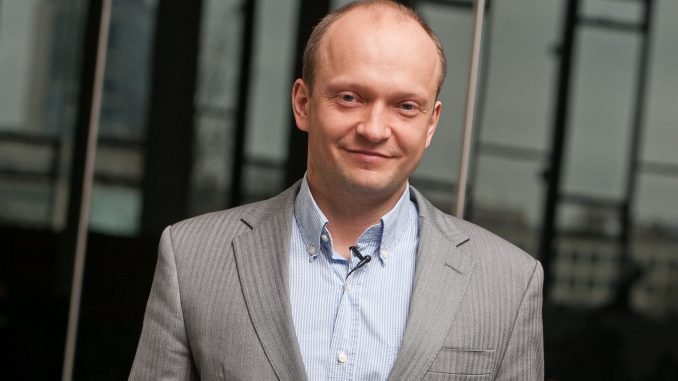
According to him, Lithuania’s export to Russia will fall by at least 10 percent this year. Therefore, Lithuania’s Gross Domestic Product (GDP) will grow less than projected earlier, 2.3 percent.
Over January-November 2014, export of Lithuanian-origin goods to Russia grew by 6.5 percent. Moreover, Russia accounted for 21.1 percent of Lithuania’s total exports. According to Mačiulis, the figures show that “such unfaltering love felt by Lithuanian businesses” has further increased Lithuania’s economic dependence on Russia. In 2015 this will be felt by Lithuanian trading, transport and tourism sectors.
According to the economist, events of recent weeks, cheaper oil and depreciated rouble will force the Russian economy to contract 6 percent, more than in 2009.
Based on preliminary calculations of Swedbank, Russia’s GDP will recede by almost a quarter, expressed in euro. Lithuania should compensate for most of the losses in the Russian market by increasing export to the EU and other markets.
For this reasons Swedbank has reduced Lithuania’s GDP growth projections by 1 percentage point to 2.3 percent. Domestic consumption will remain the engine of Lithuania’s economic growth. Cheaper oil will also give a positive impetus. According to Mačiulis, oil will be by 35 percent cheaper this year compared to the last. Because of this, Lithuanian households should save around EUR 236 million, or 1 percent of the total expenditure of households. Decreasing costs of energy resources prompted Swedbank economists to reduce inflation projections to 0.7 percent in 2015.
“With geopolitical unrest continuing and economic environment deteriorating, people most probably will not be spending their saved euros but keep them for “a rainy day”,” says Mačiulis.
Despite external challenges salaries in Lithuania should rise by around 5 percent, although up to 7 times less new jobs will be created.
“Last year approximately 20,000 jobs were created, while this year the figure will be 7 times lower at around 3,000,” said Mačiulis.

Be the first to comment